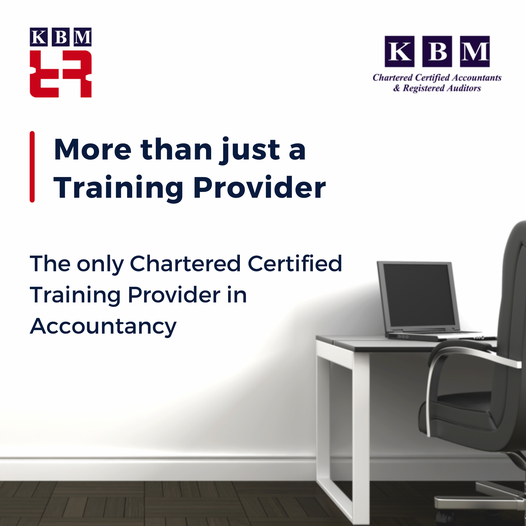If you’re detail-oriented, like working with numbers, and enjoy helping businesses understand their financial health, a career as a financial accountant might be a perfect fit for you. But what exactly does a financial accountant do? How do you become one? Moreover, is it worth pursuing?
Let’s break it all down in plain, human terms—no jargon, just real talk about what it takes to get into financial accounting and thrive.
What do they do?
A financial accountant is a person who helps a business understand how it’s doing. Sure, it involves numbers—but more importantly, it’s about what those numbers mean. You’ll be pulling together key reports—like the income statement, balance sheet, and cash flow statement. They might look like spreadsheets, but they tell the whole story of what’s going on behind the scenes in a business.
Simply put, you’re the person behind the scenes, ensuring the financial side of things runs smoothly and makes sense.
Is it for you?
You don’t need to be a math wizard, but being comfortable with numbers helps. What matters is your attention to detail, your ability to stay organised, and your willingness to take responsibility.
If you’re the kind of person who likes structure, enjoys problem-solving, and doesn’t mind digging into data to find answers, then a financial accounting course could be a great match. Plus, if you can explain complex info in simple terms, that’s a big win.
Skills you’ll need
To do well in this field, you’ll need to understand financial principles—things like how debits and credits work and what goes into a balance sheet or profit and loss statement.
Being good with tech is also essential. Most businesses rely on tools like Excel, QuickBooks, Xero, or bigger systems like SAP. The more confident you are using these tools, the more valuable you become.
You’ll also need to think critically. It’s not just about recording numbers—it’s about understanding financial accounting and management, what those numbers mean and how they affect the business. And since you’ll often need to explain financial data to non-accountants, good communication is key.
Courses to take
Start with an introductory financial accounting course. It will help you become familiar with the fundamentals, such as how financial statements work and how to record day-to-day transactions.
If you want to go further, look into professional qualifications. Depending on where you live, you might go for AAT, ACCA, CIMA, or CPA. These paths require more time and effort, but they open doors to higher-paying jobs and a wider range of career options.
Moreover, don’t overlook the software side of things. Being confident with tools like Excel, QuickBooks, or Xero can set you apart when you’re applying for jobs. Employers search for candidates who can hit the ground running with the tech they already use day to day.
Career tips
Get some hands-on experience as early as you can. Even a short internship or an entry-level job in a finance department can teach you more than a dozen textbooks. Real-world practice with a financial accounting course is what builds your confidence.
When building your CV, focus on both your hard skills and your soft ones. Mention any courses or software you’ve completed, but also highlight things like being reliable, detail-focused, or a good communicator.
Try to stay current, too. Accounting standards change. New tech comes out. Follow finance blogs, take occasional refresher courses, or join online communities. It keeps you sharp and informed.
As you grow, you might specialise. Some financial accountants move into tax, audit, or financial accounting and management. Each area has its perks, and specialising can lead to higher pay and better job satisfaction.
Earning potential
Let’s be real—money matters. Moreover, if you’re thinking about a career in financial accounting, you’re probably wondering what kind of income you can expect. The good news? There’s plenty of room to grow.
While entry-level roles might not make you rich overnight, once you’ve got some qualifications and hands-on experience under your belt, your earning potential rises fast.
In fact, a certified financial accountant often makes a lot more than those without credentials. Moreover, that’s just the start. If you choose to specialise in a niche area, move into a leadership role, or branch out into financial accounting and management, your income can climb even higher.
Final word
Being a financial accountant isn’t just about plugging in numbers. It’s about helping a business understand its money—what’s coming in, what’s going out, and what it all means. You help them make better choices, avoid mistakes, and feel confident about the future. If you’re ready to learn, open to getting qualified, and want a career with stability and growth potential, financial accounting is absolutely worth exploring.
Start small. Take one course. Try one part-time job. See what you enjoy and build from there. You might be surprised at how far a good understanding of numbers can take you.

